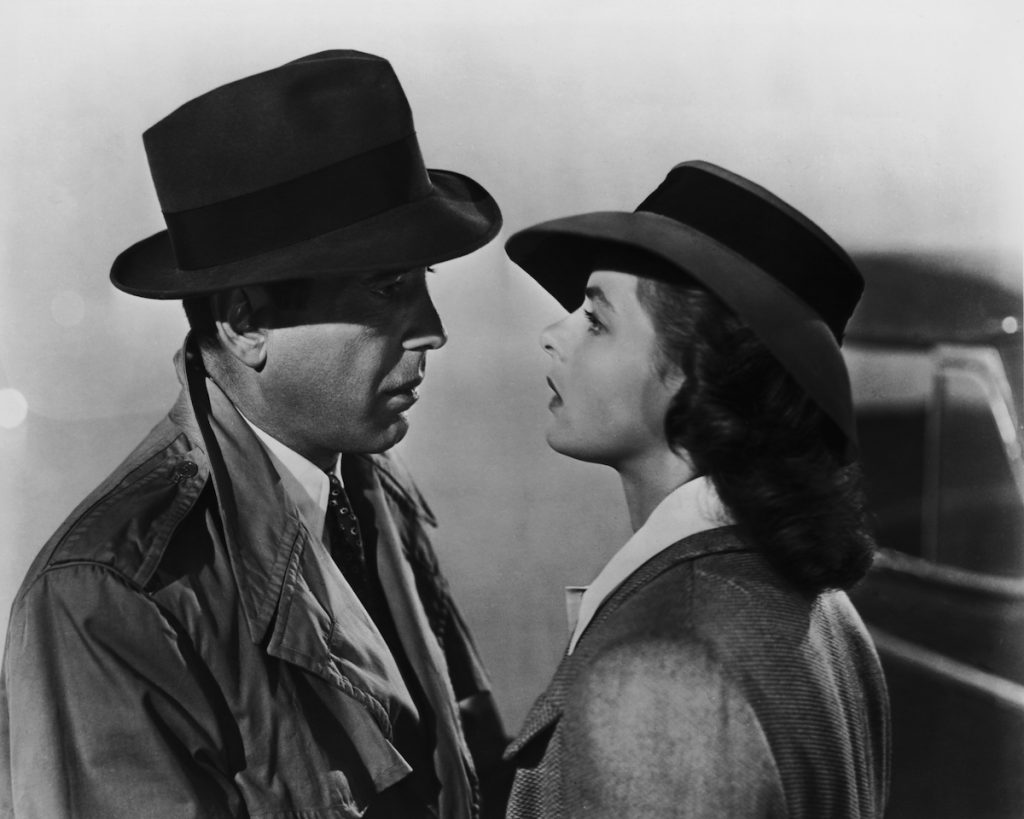By the middle of July, most reliable polls and the betting markets are predicting the defeat of Donald Trump in the upcoming election, and some pundits are speculating what effect a Trump defeat would have on the Republican party.
Frank Bruni in The New York Times in his Sunday, July 12, column interviewed George Conway, a Never Trumper and one of the founders of the Lincoln Project, an organization that has created some “minute-long masterpieces of derision” anti-Trump commercials, such as “Mourning in America.”
Bruni wrote that Conway told him that, “I personally think that the Republican brand is probably destroyed. It’s destroyed by it having become essentially a personality cult.” This comment reminded me of an article in the July/August edition of The Atlantic by Anne Applebaum titled “History Will Judge the Complicit.”
Applebaum writes that history will judge those who collaborated with Trump the same way it judged those who collaborated with Hitler in Word War II. In the article the author writes:
It takes time to persuade people to abandon their existing value systems. The process usually begins slowly, with small changes. Social scientists who have studied the erosion of values and the growth of corruption inside companies have found, for example, that “people are more likely to accept the unethical behavior of others if the behavior develops gradually (along a slippery slope) rather than occurring abruptly,” according to a 2009 article in the Journal of Experimental Social Psychology. This happens, in part, because most people have a built-in vision of themselves as moral and honest, and that self-image is resistant to change. Once certain behaviors become “normal,” then people stop seeing them as wrong.
In reading the above, think of Facebook. Now, think of Republicans in the House and Senate and how they viewed themselves beginning in January, 2017. Applebaum writes:
The built-in vision of themselves as American patriots, or as competent administrators, or as loyal party members, also created a cognitive distortion that blinded many Republicans and Trump-administration officials to the precise nature of the president’s alternative value system. After all, the early incidents were so trivial. They overlooked the lie about the inauguration [crowds]because it was silly. They ignored Trump’s appointment of the wealthiest Cabinet in history, and his decision to stuff his administration with former lobbyists, because that’s business as usual. They made excuses for Ivanka Trump’s use of a private email account, and for Jared Kushner’s conflicts of interest, because that’s just family stuff.
Applebaum goes on to write that:
Nevertheless, 20 months into the Trump administration, senators and other serious-minded Republicans in public life who should have known better began to tell themselves stories that sound very much like those in Miłosz’s The Captive Mind. Some of these stories overlap with one another; some of them are just thin cloaks to cover self-interest. But all of them are familiar justifications of collaboration, recognizable from the past. Here are the most popular.
- We can use this moment to achieve great things.
- We can protect the country from the president.
- I, personally, will benefit.
- I must remain close to power.
- LOL nothing matters. Cynicism, nihilism, relativism, amorality, irony, sarcasm, boredom, amusement—these are all reasons to collaborate,
- My side might be flawed, but the political opposition is much worse.
- I am afraid to speak out.
When you read the above reasons for collaboration, think of Lindsay Graham and Mitt Romney. Both entered the Senate with records of being decent men. Graham had been a close friend and ally of John McCain, and Romney had been a good governor of Massachusetts who introduced probably the best state health care system. What of the above reasons caused Graham to collaborate, and why did Romney not collaborate? What will history say about these two senators? Will those who inherit the leadership of the Republican party be those who collaborated and enabled Trump like Graham, Tucker Carlson or Senator Tom Cotton or those who were Never Trumpers like Mitt Romney?
Applebaum ends her Atlantic article with this paragraph:
I leave anyone who has the bad luck to be in public life at this moment with a final thought from Władysław Bartoszewski, who was a member of the wartime Polish underground, a prisoner of both the Nazis and the Stalinists, and then, finally, the foreign minister in two Polish democratic governments. Late in his life—he lived to be 93—he summed up the philosophy that had guided him through all of these tumultuous political changes. It was not idealism that drove him, or big ideas, he said. It was this: Warto być przyzwoitym—“Just try to be decent.” Whether you were decent—that’s what will be remembered.
In my last blog about the controversies and ad boycott surrounding Facebook’s hands-off policies concerning hate-speech and promotion of violence by Trump, I wrote that the biggest loser in Facebook’s policies was decency. I ended the blog post with, “Hello hate speech. Goodbye decency.”
Will the future of the Republican party be driven by hate speech or decency?

